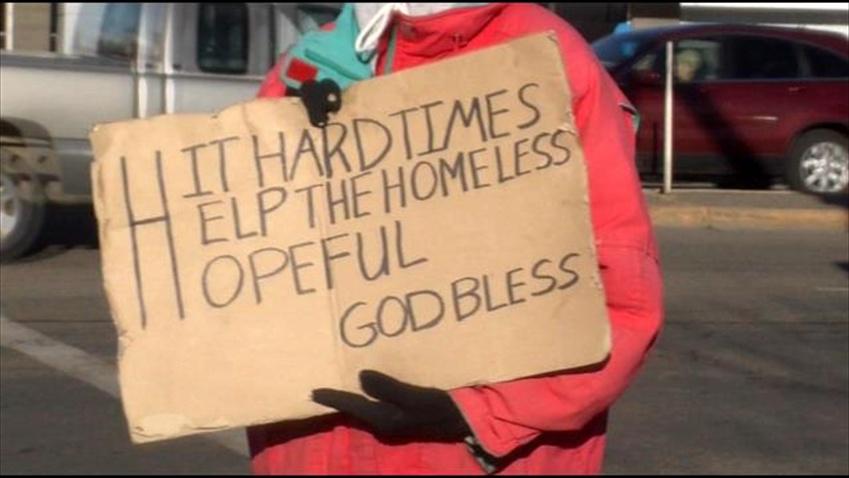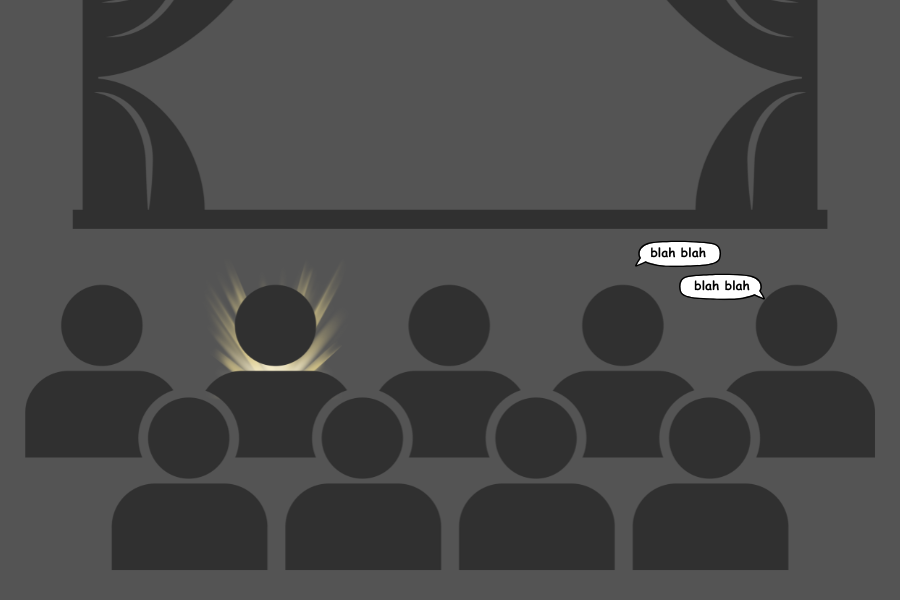“Times are tough” seems to be the mantra as of late. In fact, I cannot seem to think of a time that was not tough. Not to sardonically take away from an oh-so-true sentiment, I am just pontificating on what has or has not been said and done to prevent growing problems in our world.
The rate of homelessness in the city of Boston went up 3.8 percent from December 2012 to the same month in 2013, and what scares me is that it has not seemed to phase anyone in the student body. College students like to play social justice warriors, aware of the horrors of fracking, the occupy movement and other vital footnotes provided by the Internet.
Yet we continue to ignore the fact that there were over 19,000 Massachusetts citizens expressing some variation of being homeless this time in 2012 and it has more than doubled since 1990. Boston is a city that likes to pride itself on its so-called togetherness, but I doubt all students know that on any regular night in Massachusetts, the 3,000 shelter beds are always full. Seeing poor individuals who are down on their luck in the city is nothing out of the norm for any Bostonian, but have you ever taken a moment and stepped out your busy commute or vapid thought bubble to think of these poor human beings? We easily forget that could be us with the snap of a finger.

Now before my ambivalent arrogance turns me a shade pariah, I have not forgotten the decent amount of philanthropy there is in our city. There are places like the Metropolitan Boston Housing Partnership, Secure Jobs, the fireman foundation and even smaller ventures like our local soup kitchens doing their part. I just think that while these are great efforts that have helped some people, they are not producing a greater yield.
The area that was once called the combat zone in the 1980s may have been cleaned of much of its grime, but it still leaves citizens puzzled as to why the “economic boom” has not changed. The simple answer is that we have only given our city plastic surgery. We have added many new businesses and a slew of new people, who may have been attracted to Boston in our quest to become a world-class city, but at what cost?
I have been lucky to have never been homeless. I am more than blessed with loving parents and friends who have always been there if I ever needed a roof over my head. Sure, there are those who want to experience free-living, but having a home is also having a sense of security. It is having a sense of pride. When we scoff our noses into our North Face jackets and down some Starbucks, we turn these people and their situation into a caricature.
In order to analyze a problem, we cannot dehumanize it. This is beyond a mere touching story or a metaphor that will stick with your short attention span for a few days. It is a layer of society that needs to be examined even further than a simple acknowledgement of Facebook or Twitter. There are people out there whose articulated anecdotes of everyday existence could change your beliefs. So the next time you pass a man shaking a cup, or aimlessly strolling through the city, remember that could be you. I only hope that at least one person will take something from this article and seek out more information on how they can address the issue of Boston’s homeless.







